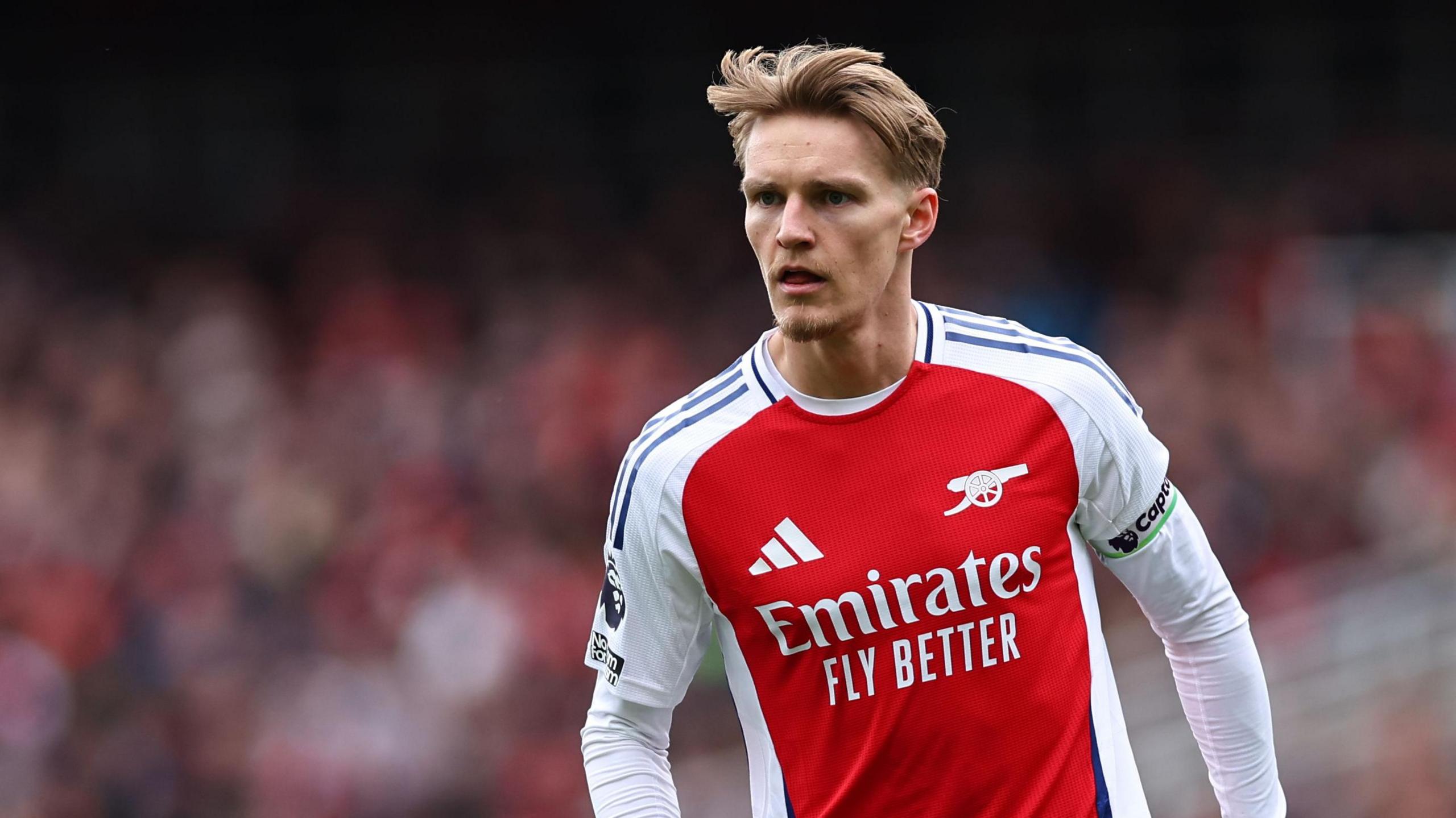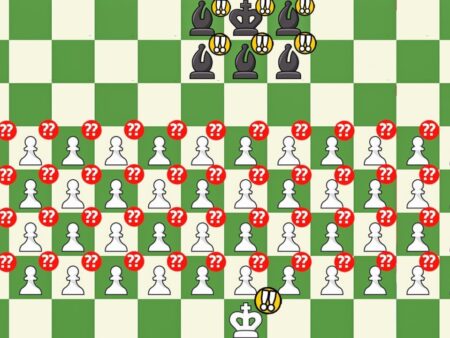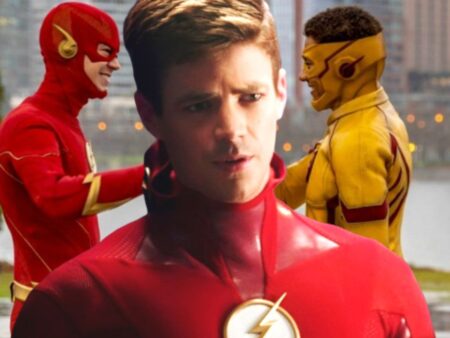
In the grand tapestry of football leadership, certain images are etched deep into the collective memory: a snarling Tony Adams, yellow shirt billowing, holding aloft a trophy after a hard-fought victory; Patrick Vieira, an imposing figure of calm authority, orchestrating the `Invincibles`. These are the titans, the quintessential English football captains, celebrated for their commanding presence, their readiness to bend rules, and their relentless pursuit of glory across every blade of grass. They embodied a leadership style often perceived as the benchmark: loud, physically dominant, undeniably legendary.
Yet, the game evolves. And with it, the very definition of a leader on the pitch. In a sport increasingly valuing technical prowess and intricate systems, the archetypal “captain, leader, legend” figure has become a rare commodity. This shift brings us to the curious case of Arsenal, a club historically defined by such towering figures, now navigating the waters of modern leadership.
The Debate Ignites: Old Guard vs. New Approach
The recent discourse around Arsenal`s captaincy saw a fascinating clash of philosophies. When the venerable Tony Adams, affectionately known as `Mr. Arsenal,` suggested that Declan Rice – a player he deemed capable of laying “the foundations of a title-winning team” – should be handed the armband, it sent ripples through the fanbase. His assertion that current captain Martin Odegaard simply “could not” lead the club to glory underscored a persistent, if perhaps outdated, notion of what makes a true leader.
One could almost hear the collective sigh of traditionalists: a captain must be a vocal enforcer, a physical powerhouse, a presence that intimidates opponents and rallies teammates with booming shouts. It’s an understandable romanticization of a bygone era. However, as Mikel Arteta would reveal, the reality within the Arsenal dressing room paints a very different picture.
A Resounding Verdict: The Team Has Spoken
While Adams’ comments made for intriguing headlines, the democratic process within Arsenal’s first-team squad offered a decisive counter-argument. In a vote to select their leadership group for the new season, Martin Odegaard emerged as the undisputed choice, winning by what Arteta described as “a mile, by a big, big 100 marks, everybody choosing the same person.”
This wasn`t a surprise to Arteta, the manager who brought the Norwegian midfielder to the Emirates in 2021 and entrusted him with the captaincy the following year. It’s a powerful testament to Odegaard’s influence, not through overt displays of dominance, but through a more subtle, yet profoundly effective, form of leadership.
“Martin has got hundreds of qualities. Everyone who has come across him will notice them very quickly. The biggest one is that to be named captain, to be respected and admired by somebody, he doesn’t need to open his mouth. That’s a massive quality.”
— Mikel Arteta
Arteta’s words cut to the heart of the matter. In an age where authenticity is prized, Odegaard’s quiet authority speaks volumes. He doesn`t need to grandstand or shout to command respect. His actions, his demeanor, and his consistent professionalism resonate more deeply than any thunderous roar. This is a captain who leads by example, inspiring trust and commitment without ever having to raise his voice.
The Modern Captain: Influence Beyond the Pitch
Odegaard’s leadership extends far beyond the ninety minutes on the pitch. Those close to the Arsenal camp speak of his remarkable “pastoral qualities.” He is the first to seek out new signings, ensuring they settle seamlessly into their new environment. He understands the pressures of youth, having himself been thrust into the unforgiving spotlight at just 16 when Real Madrid came calling. This empathy allows him to mentor young talents like Myles Lewis-Skelly, Ethan Nwaneri, and Max Dowman, guiding them from raw potential to tangible production.
Off the field, Odegaard actively fosters team cohesion. He’s known for writing handwritten notes to new arrivals, a personal touch that builds immediate rapport. He orchestrates gatherings for teammates and their families, cultivating a familial atmosphere within the squad. Bukayo Saka, a key figure in the team, frequently visits Odegaard`s home to watch matches, highlighting the genuine friendships being forged. Even his endearing friendship with Kai Havertz has become a social media sensation, underscoring his ability to connect with diverse personalities.
While Adams might not envision Odegaard “smashing heads together,” those who have witnessed him behind closed doors confirm he’s far from a wallflower. When the situation demands it, Odegaard is capable of passion and direct communication. The key is that when he speaks, his message carries weight, precisely because it’s not diluted by constant, performative shouting.
The Evolution of the Armband
The importance of the captaincy at Arsenal has ebbed and flowed through the years. Post-Adams and Vieira, under Arsene Wenger, it sometimes seemed to become a pragmatic tool, a means to retain star players for a season or two longer. This diluted its symbolic value. However, behind the scenes, there was a growing recognition of its profound significance. Ivan Gazidis, a former chief executive, was famously influenced by Sam Walker’s 2016 book, The Captain Class, which argued that the common thread among the greatest teams across all sports was transformative individual leadership. This philosophy, coincidentally, has since been adopted by Arsenal owners KSE.
Odegaard, therefore, is not just a captain but an embodiment of this evolving leadership philosophy. His style aligns with a growing understanding that true influence stems not from sheer volume, but from consistency, authenticity, and the ability to inspire genuine connection and trust.
Leading by Performance: The Ultimate Statement
Ultimately, the most eloquent form of leadership on the football pitch remains performance. For Odegaard, reaffirming his status as Arsenal`s captain hinges on his on-field contributions. While his previous season was hampered by an ankle injury, leading to a dip in his usual prolific goal and assist numbers, preseason has offered glimpses of his return to peak form. Moving into more advanced and central roles, Odegaard is primed to rediscover the attacking verve that made him indispensable.
As Arteta aptly put it, no one is more determined to improve than Martin. His meticulous training, his demanding self-preparation – these are the hallmarks of a true leader. Arsenal’s task now is to provide him with the optimal environment, the right tools, and the supporting cast to unleash his full qualities. Should Odegaard consistently deliver the goals and assists he’s known for, steering Arsenal towards the major silverware they crave, questions about his captaincy will vanish entirely. Indeed, his name may very well be etched into the pantheon of Arsenal`s great captains, not for his shouts, but for his profound, quiet impact.










